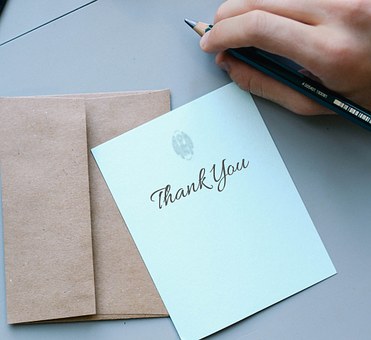Do you procrastinate? Why Do We Procrastinate?
Whether we’d like to admit or not, a lot of us have been guilty of procrastination at one time or another. Somehow, we’ve gotten into this bad habit of putting off till tomorrow what we could have done today. It’s crazy! It’s weird! We know it’s not good! It hurts us and others! So, why do we do it? Why do we put off writing that report that’s needed for the committee meeting, or, why do we keep postponing that critical sit-down with a client who’s lodged a complaint about the poor service she’d experienced with our company? Here’s Why Julie Morgenstern, a New York Productivity consultant and author of “Time Management From The Inside Out” says it’s because we’re overwhelmed. The recent recession had led to work teams being trimmed down in most companies and the workload shifted to other teams. In addition, top management demands and expects these employees to be harder working, more innovative, creative and more efficient. This, Julie continues, often leads to a standstill. Meanwhile these workers turn to other avenues for distraction. There’s the technology of the e-mail, Facebook and Twitter. Replying to a trivial e-mail or attending to some other little thing provides them a sense of accomplishment, a sort of a quick win. Joseph R. Ferrari, a psychology professor at De Paul University and author of “Still Procrastinating? The No Regrets Guide to Getting It Done” says procrastinators are overly concerned with what other people think of them, so that in essence, they’d rather be thought of as lacking in effort than lacking the ability to accomplish things. They’ve got this funny idea that if they never finish, they don’t get to be judged. Procrastination usually happens in connection with long-term projects. Somehow one convinces himself that putting off a part of a long process is simply a deviation and in itself isn’t significant, but then this behavior gets to be the rule rather than the exception and the work never really gets done! What To Do If you want to change and get rid of this habit, these experts suggest you identifythe specific areas where you tend to procrastinate. Is it in writing reports? Trade development? A management task? Once you’ve identified the area, write down the steps you’ll need to take to get the job done. If it’s a long-term project, break it down to small easier-to-complete tasks. Then reward yourself (a good dinner or a movie) as you finish off these small steps one at a time. Not sure what the next steps are? Don’t be shy. Ask for help. These management techniques have been known to work for most procrastinators, unless you happen to be the chronic type, in which case it’ll be smart to seek some professional psychological advice.
Do you procrastinate? Why Do We Procrastinate? Đọc thêm »




